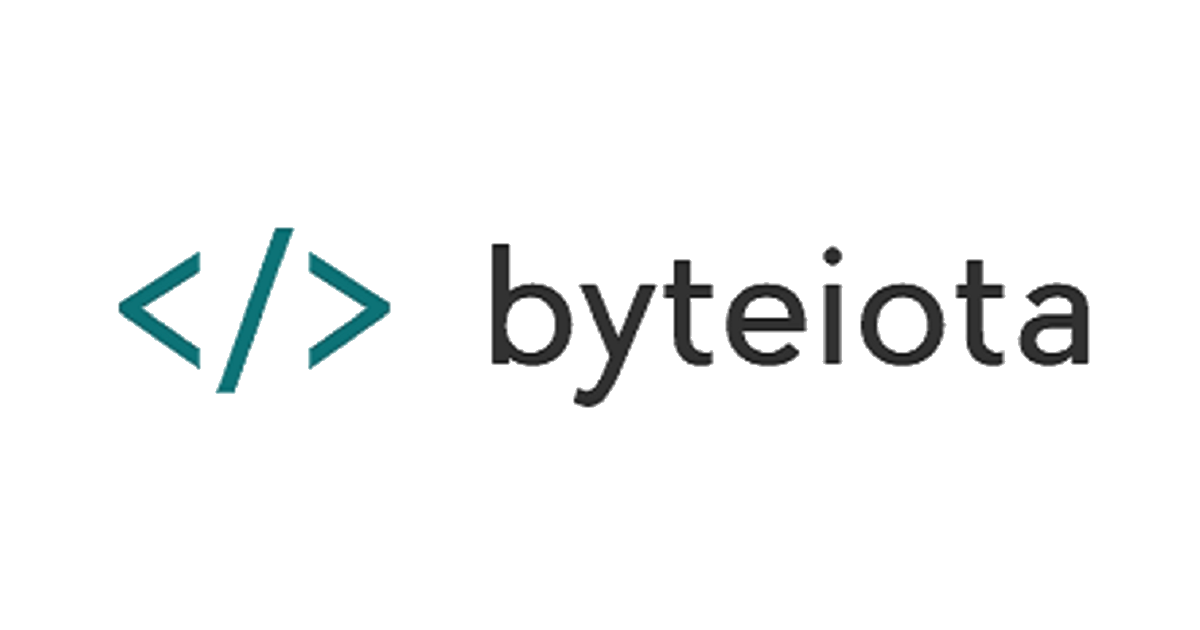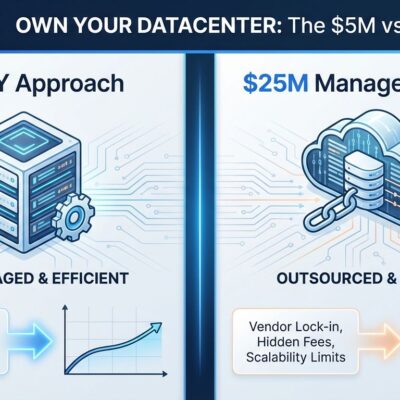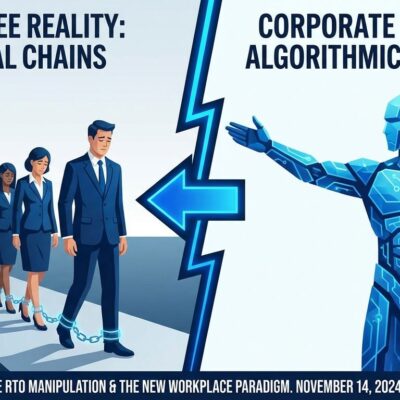
On November 19, 2025, AI music startup Suno raised $250 million at a $2.45 billion valuation – more than quadruple its previous worth. Nvidia’s venture arm participated. The company hit $200 million in annual revenue with 100 million users generating 7 million tracks daily. The twist? Suno is currently being sued by every major record label for allegedly training its AI on copyrighted music without permission.
If you’re building AI tools trained on copyrighted content – code, images, text, music – this raises one question: Is “move fast and litigate later” a viable strategy, or are you gambling your company on a legal coin flip?
The Lawsuit Suno Can’t Escape
In June 2024, the Recording Industry Association of America filed lawsuits on behalf of Universal Music Group, Sony Music Entertainment, and Warner Records. The allegation: “mass infringement involving unlicensed copying of sound recordings on a massive scale.” Suno allegedly used “stream-ripping” to download music from YouTube, then trained its AI model without authorization.
The labels provided specific examples. Type the prompt “1950s rock and roll, jerry lee lewis, sun studio” into Suno, and the AI generates output that mimics “Great Balls of Fire.” The lawsuit seeks up to $150,000 per infringed work.
Suno’s defense? The company admits its model was trained on “essentially all music files of reasonable quality accessible on the open internet” – including copyrighted content. But Suno argues this constitutes fair use, comparing it to “a kid writing rock songs after listening to the genre.” The company filed a motion to dismiss in October 2024. The labels countered that Suno bypassed YouTube’s anti-download encryption.
The lawsuit is ongoing. No final ruling yet. And Suno just raised $250 million anyway.
Why Investors Bet $250M on a Lawsuit
The funding round signals investors believe the copyright lawsuit won’t destroy the business. Here’s why they might be right.
First, revenue. Suno’s $200 million in annual sales proves market demand exists regardless of legal uncertainty. Annual recurring revenue jumped from $50 million in January 2025 to $140 million by September. Users pay $10-24 monthly to generate AI songs. When revenue grows that fast, investors pay attention.
Second, Nvidia’s involvement suggests confidence AI music will survive legal challenges. Nvidia doesn’t casually invest in companies facing existential litigation.
Third, recent court rulings favor AI companies. In June 2025, federal judges in California ruled that training AI models on copyrighted books constitutes fair use in both Bartz v. Anthropic and Kadrey v. Meta. The courts found AI training “quintessentially transformative” and determined AI-generated outputs don’t “displace demand” for original works.
But here’s the catch: other courts ruled the opposite. In Thomson Reuters v. Ross Intelligence, a judge found fair use did NOT protect AI training on copyrighted content. The legal landscape remains deeply uncertain. Suno’s investors are betting on one outcome. They could be wrong.
What This Means If You’re Building AI
If you’re training an AI model on copyrighted content, you face the same legal risk Suno does. GitHub Copilot is being sued for training on open-source code. Stability AI faces lawsuits over image generation. The New York Times sued OpenAI. The pattern is clear: train on copyrighted content, expect litigation.
Suno’s funding round suggests a strategy: prove strong revenue first, then fight in court or negotiate. If your AI tool generates $200 million annually, investors will back you despite lawsuits. But if you’re pre-revenue, legal threats could kill you before you prove product-market fit.
The ethical question matters too. When Suno trains on copyrighted music without permission or compensation, is that democratizing music creation or committing “existential theft” at scale? Artists argue the latter. Musicians fear AI will upend sync licensing – the commercials, TV shows, and video game soundtracks that provide financial lifelines for indie artists.
If you’re using AI tools rather than training them, you face different risks. If Suno’s AI generates output resembling copyrighted songs, are you liable for using that music commercially? Open-source licenses require attribution – does AI preserve that when trained on GitHub code? These questions have no clear answers yet.
The Precedent Being Set
Suno’s $250 million raise while being sued by major record labels establishes a new norm: “move fast and litigate later” can attract venture capital if your revenue is strong enough. Whether it survives judicial scrutiny is another question entirely.
Courts are deciding right now whether AI training on copyrighted works constitutes fair use. Different judges are reaching opposite conclusions. The appeals process will take years. In the meantime, AI companies are building, shipping, and raising funding based on the bet that either fair use will win or licensing deals will materialize.
For developers, the lesson is uncomfortable: you’re building in legal uncertainty. You can wait for clarity – which might never come – or you can move forward and accept the risk. Suno chose the latter. Nvidia’s investment suggests major players believe that bet will pay off. But artists whose work trains these models never agreed to the gamble.












